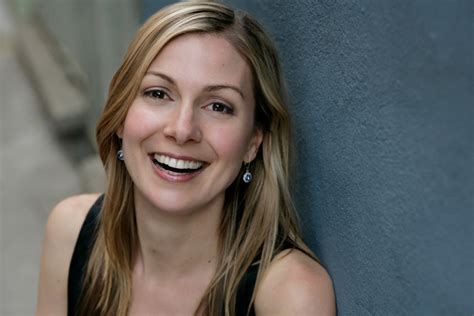A Quote by Faith Evans
I can mourn internally, just be quiet about it. I have my moments but I'm not a real, expressive person, especially when it comes to like sadness.
Related Quotes
SADNESSES OF THE INTELLECT: Sadness of being misunderstood [sic]; Humor sadness; Sadness of love wit[hou]t release; Sadne[ss of be]ing smart; Sadness of not knowing enough words to [express what you mean]; Sadness of having options; Sadness of wanting sadness; Sadness of confusion; Sadness of domes[tic]ated birds; Sadness of fini[shi]ng a book; Sadness of remembering; Sadness of forgetting; Anxiety sadness.
These are the only two situations possible, and you are in the sad situation. Everybody may know about you - who you are - but you yourself are completely oblivious of your transcendence, of your real nature, of your authentic being. This is the only sadness in life. You can find many excuses, but the real sadness is this: you don't know who you are. How can a person be happy not knowing who he is, not knowing from where he comes, not knowing where he is going? A thousand and one problems arise because of this basic self-ignorance.




































